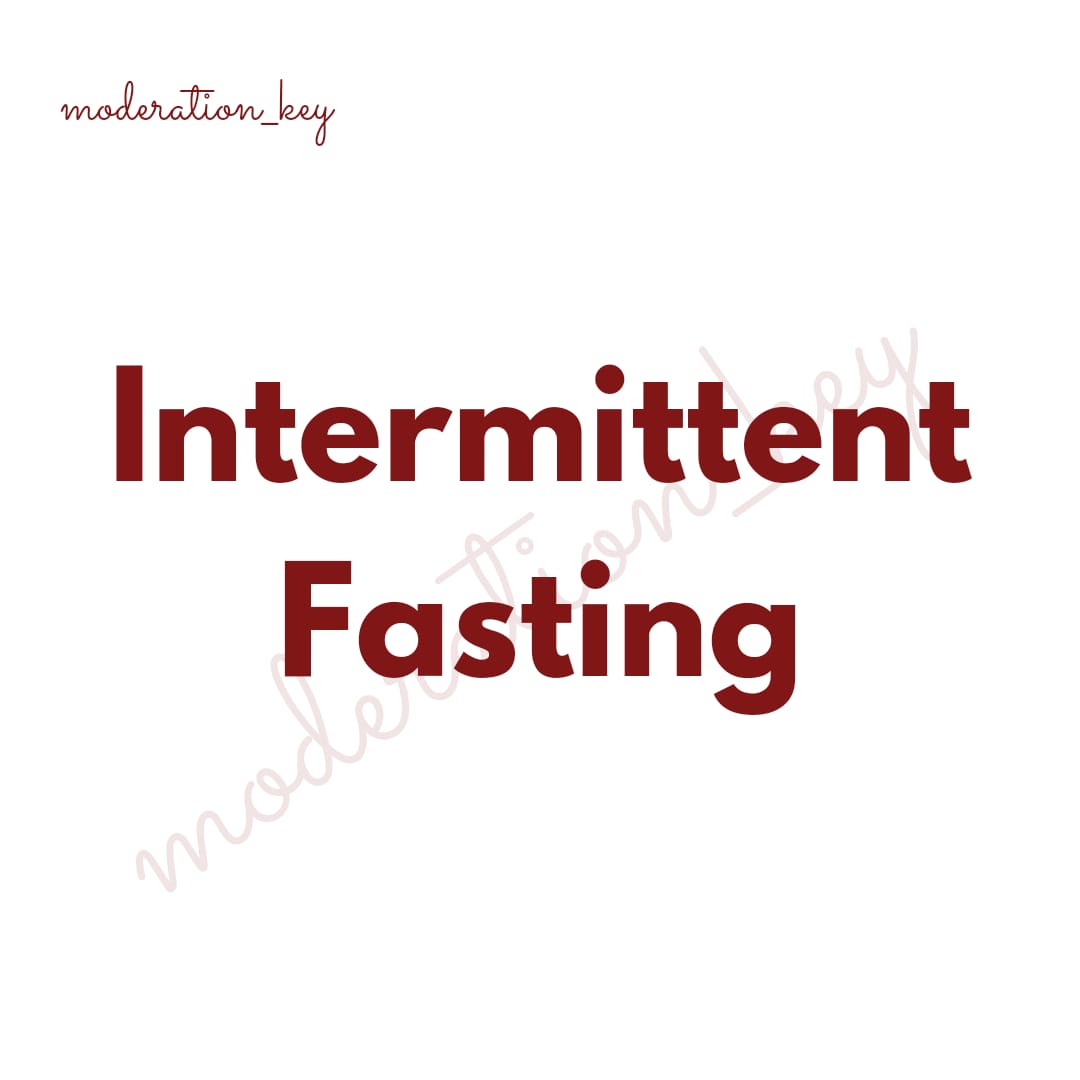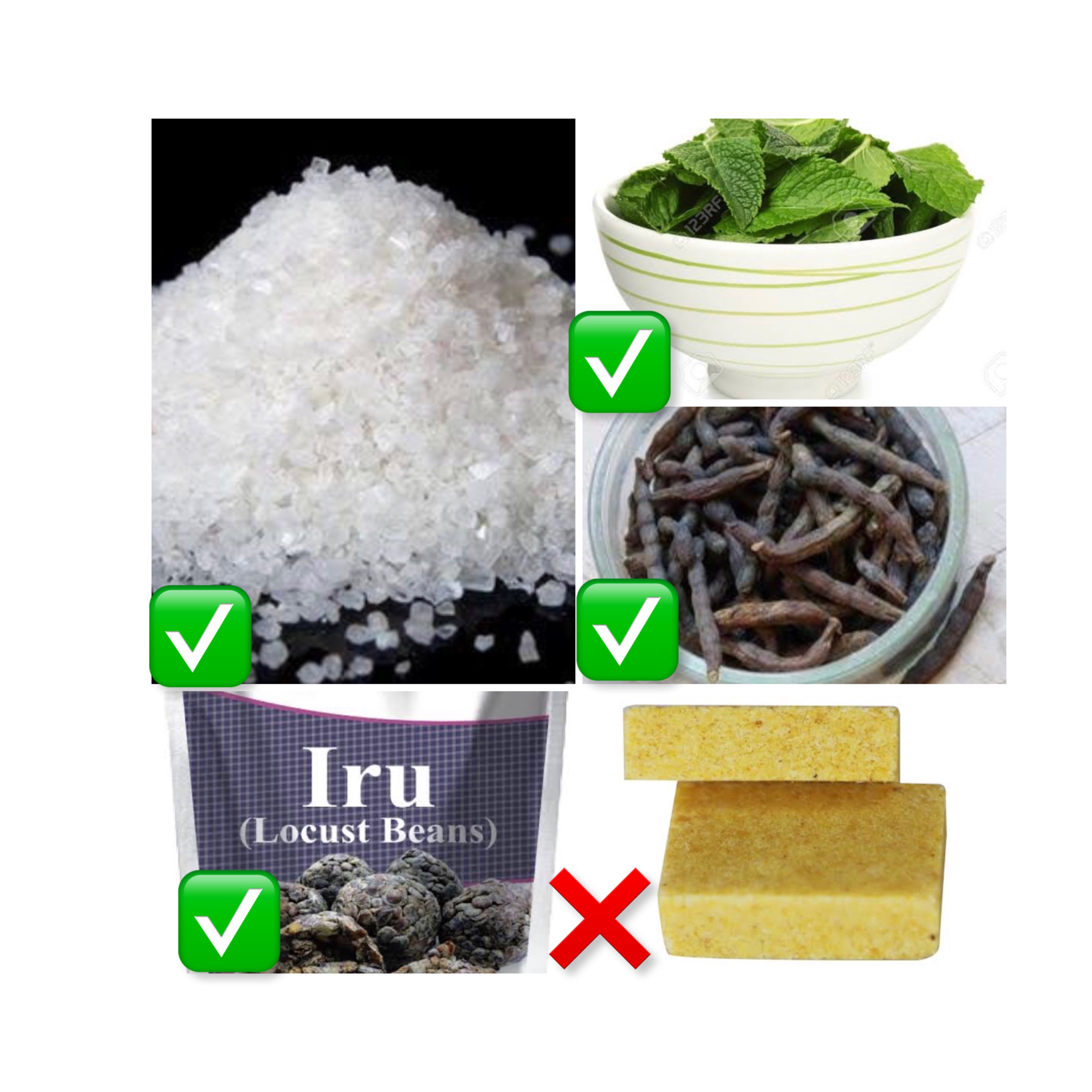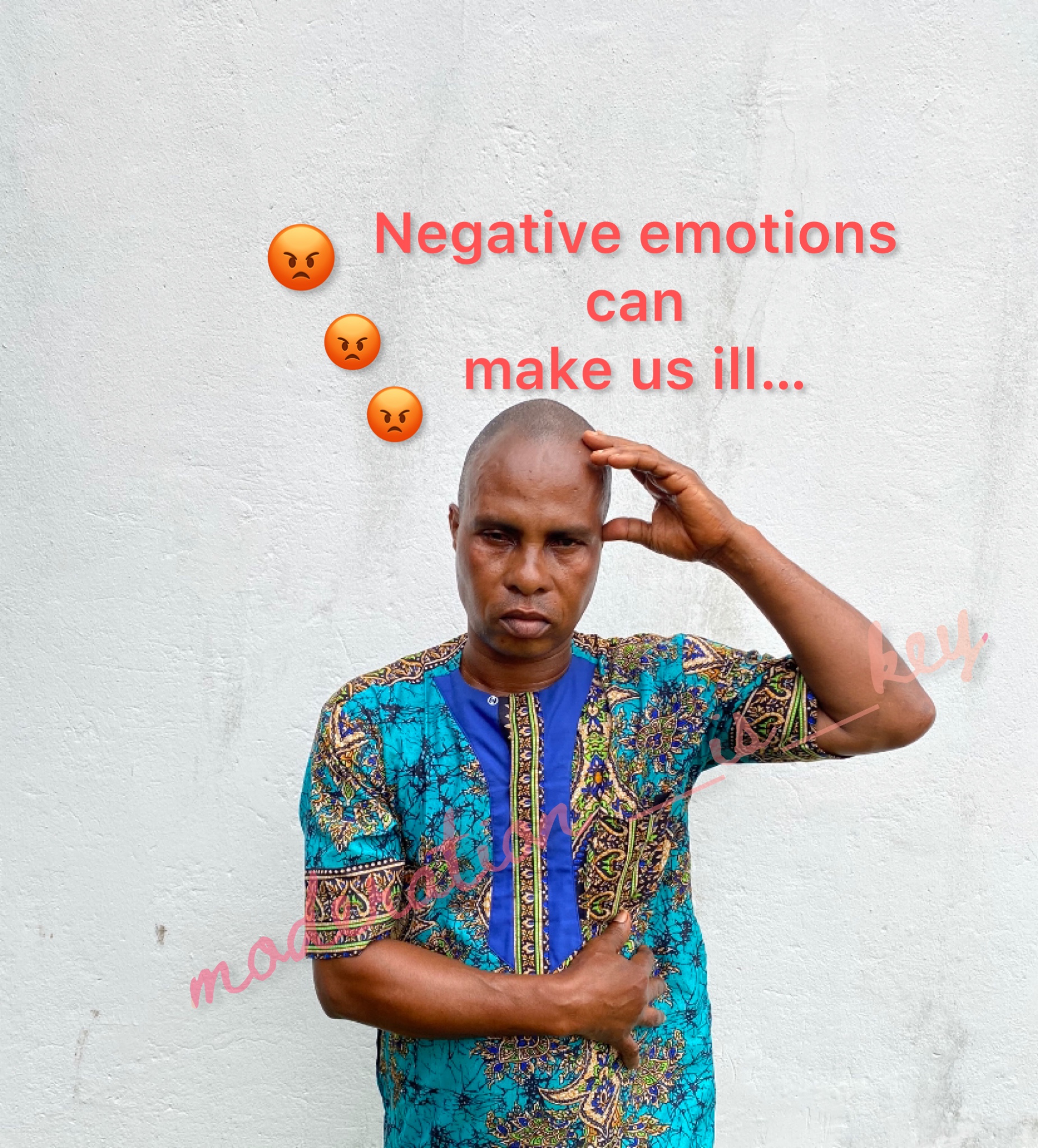
Intermittent Fasting
Generally, fasting is a planned abstinence from food, drink or both for a specified time.
Fasting can be embarked on for Spiritual reasons. It is also a good way to kickstart healthy eating and reset our eating habits after being off track. This can happen after a vacation or a period of indulgence, such as at birthday celebrations, Christmas and Thanksgiving.
There are various fasts with distinctive methodologies and benefits. Let's take a look at intermittent fasting. This is currently one of the world’s most popular trends in health and fitness. It is a pattern of eating and abstaining, a window when food is consumed and not (fasting). With the intermittent fast, the period without food typically lasts for a minimum of twelve hours, when only water is advised. No tea, herbal or not, coffee, diet soda, chewing gum, vitamins, or mints should be ingested during the fasting period. Basically, nothing should be consumed, that could cause the body to initiate a digestive response.
There are 24 hours a day, so if we eat for say 12 hours and fasts for 12 hours, we are on a 12-12 plan.
In embarking on this fast, we should pick a convenient time. It is best to start the fasting period after our last food or drink consumption for the day. Overtime, we could work on increasing the fasting period to up to 13-14 hours if possible. In my study, I encountered 16-8 and even 20-4 plans. The former numbers being the fasting period and the latter the time period when food is consumed. I personally believe that the 20-4 plans would be tough. Currently, popular intermittent fasts involve 16-8 and 14-10 plans, and are typically done a couple of times per week.
The emphasis in intermittent fasting is not really on the foods consumed, but rather on the period that they are eaten. It is therefore more an eating pattern than a 'diet plan'.
It is recommended that these fasts be broken with a no calorie drink, like green tea, black coffee or other tea. Followed by a nutrient dense meal, which can include greens, good carbs, proteins, and good fats. An example of meals used to break the intermittent fast, could be a green smoothie with avocado pear or sugar-free peanut butter added, or green vegetables cooked with garlic and olive oil, and served with some protein, such as eggs, and/or fish. During this fast, as always, it is beneficial to drink a lot of water. This not only helps food move along our digestive system, it helps keep us full, and so minimises food cravings.
The benefits of this type of fasting include weight loss and improved overall health. Decreased insulin levels are also experienced during this fast, which helps our body’s burn excess body fat. Proponents of intermittent fasting suggest that another gain is that it gives our bodies a break from constantly digesting food, therefore the body is better able to perform any repairs needed. These benefits are different for everyone.
It was in researching as I wrote 'Moderation Is Key', that I stumbled on the term 'intermittent fasting'. I was amused to find that it is the term used to describe my method of eating for over 30 years. I typically finish eating my last meal for the day, before 7p.m. and will have nothing thereafter but water until about 9-10a.m., the following morning when I have breakfast. I am therefore generally on a 14-10 plan. I fast for 14 hours and eat during a 10-hour period. It is worthwhile noting that I am only famished by the time I have my breakfast, on days when I exercise hard early in the morning.
I initially wondered if this manner of eating, contributed to me maintaining my weight for 30 years. I quickly concluded that it was not the case, as I was certain that if I ate unmindfully, binged during my 10 hour eating period, I would probably have experienced very different results.
In my opinion, intermittent fasting is a beneficial practise, as long as moderate amounts of predominantly healthy foods are consumed during the non-fasting periods. Exercise too is also important to get and stay healthy.
There really is no getting around it...want to be healthy, energised and enthusiastic in life? We have to be intentional with our food choices, the amounts we consume and how we exercise too.
I discuss intermittent fasting, other beneficial fasts and much more in my recently published healthy lifestyle book, 'Moderation Is Key'. It is available in soft back, through this website. I promise you it is a worthwhile investment...remember always that we need to get and stay healthy to fulfil our unique purpose. How we fuel our bodies with food and exercise is key.




0 Comment